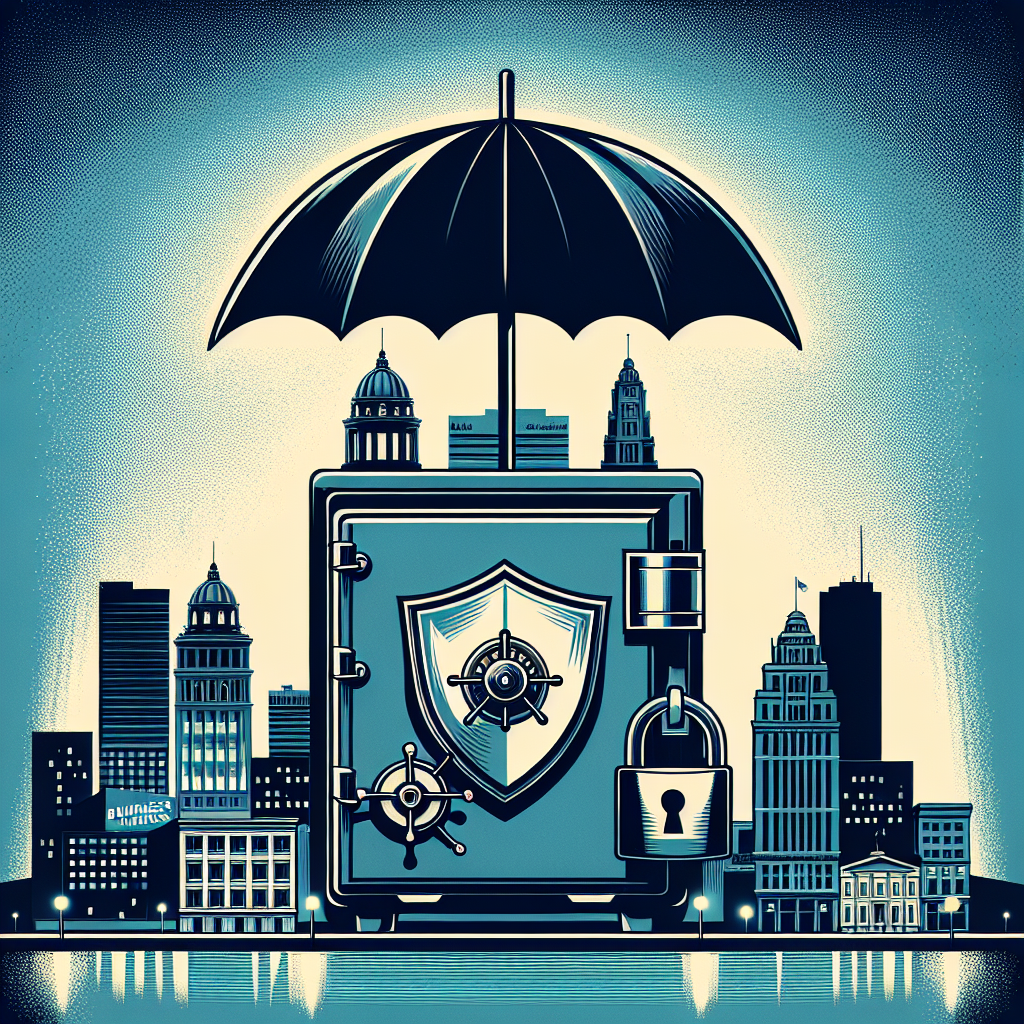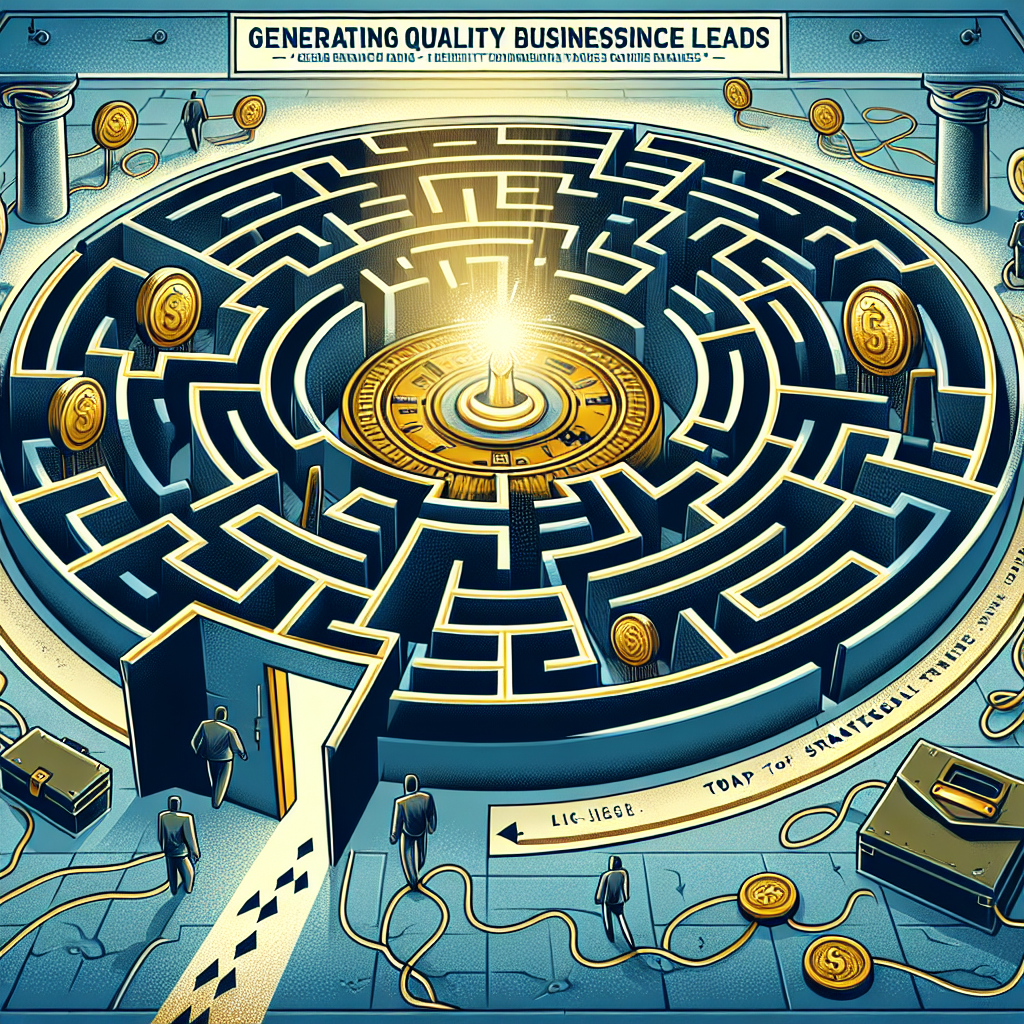Filed under Home Insurance on
Comprehensive Guide to Mobile Home Insurance Coverage

In today's dynamic world, owning a mobile home offers flexibility and affordability, making it an attractive option for many homeowners. However, protecting this investment with adequate insurance coverage is crucial. Understanding mobile home insurance can be complex, but this comprehensive guide aims to simplify the topic, offering insights into what coverage entails, why it's essential, and how you can choose the best policy for your needs.
Understanding Mobile Home Insurance
Mobile home insurance is designed to protect manufactured or mobile homes from various risks. Unlike traditional homeowners insurance, this type of policy specifically caters to the unique needs and construction of mobile homes. It provides financial security against potential damages or losses.
Key Components of Coverage
While policies may vary, mobile home insurance typically includes several critical components:
- Dwelling Coverage: Protects the physical structure of the home, including walls, roof, and floors.
- Personal Property Coverage: Covers personal belongings such as furniture, electronics, and clothing.
- Liability Protection: Offers financial protection if someone is injured on your property.
- Additional Living Expenses: Pays for temporary housing if your home becomes uninhabitable due to a covered peril.
- Medical Payments: Covers medical expenses for visitors injured on your property, regardless of fault.
Importance of Mobile Home Insurance
Understanding why mobile home insurance is important helps in making informed decisions. Here are some significant reasons for obtaining this coverage:
- Financial Security: Protects against unexpected repair or replacement costs.
- Natural Disasters: Covers damages from storms, fires, and other natural events.
- Peace of Mind: Allows homeowners to live without constant worry about potential risks.
Common Risks Without Coverage
Going without mobile home insurance can expose you to various risks, including financial burden from natural disasters, theft, or accidents. Without coverage, all repair and replacement expenses fall directly on you.
Choosing the Right Mobile Home Insurance
Selecting the best mobile home insurance involves understanding your specific needs and researching options thoroughly. Here are steps to guide you:
Assess Your Needs
Before purchasing a policy, evaluate your requirements. Consider the following:
- The value and age of your mobile home.
- Your location and its susceptibility to natural disasters.
- Value of personal belongings.
Research Providers
Investigate different insurance companies for reputation, customer service, and policy offerings. Reading reviews and expert recommendations can lead to informed choices.
Compare Policies
- Look for options with comprehensive coverage that meets your needs.
- Examine deductibles, premium costs, and additional riders or endorsements.
Finding the right balance between cost and coverage is essential for effective protection.
Mobile Home Insurance Costs
The cost of mobile home insurance depends on various factors such as location, coverage limits, and the home's value. Homeowners should be aware of these elements to make cost-effective decisions.
Factors Affecting Premiums
- Location: Areas prone to natural disasters may face higher premiums.
- Age and Condition: Older homes may require higher premiums due to increased risk.
- Coverage Limits: Higher coverage limits generally mean higher premiums.
Ways to Save
To manage costs, consider the following strategies:
- Bundle insurance policies to receive discounts.
- Increase deductibles to lower premium costs.
- Implement safety features like alarm systems or storm shutters.
Claims Process for Mobile Home Insurance
Understanding the claims process can alleviate stress in the event you need to file one. Here is a general guide to navigate through:
Filing a Claim
- Contact your insurance provider promptly after a loss.
- Document damages with photos and maintain records of repairs.
- Submit a detailed claim form provided by your insurer.
Accurate documentation and timely communication are vital for a smooth claims process.
Claim Resolution
Once submitted, the claim will be reviewed, and an adjuster may visit to assess damages. Ensuring clear communication with your insurer aids in an efficient resolution.
Expert Opinions and Industry Trends
Staying informed about industry trends and expert opinions can offer valuable insights. Here are some current observations:
- Technological advancements are leading to more tailored policy options.
- Increased focus on eco-friendly coverage is emerging in the insurance industry.
Consulting with industry experts can provide additional guidance and personalized advice.
Conclusion
Securing mobile home insurance is a wise decision for any homeowner. It safeguards your investment against unforeseen events, providing peace of mind and financial protection. By assessing your needs, comparing providers, and understanding the claims process, you ensure that your mobile home remains a safe and protected haven. Embrace the security that mobile home insurance offers, knowing you're prepared for whatever life may bring.




